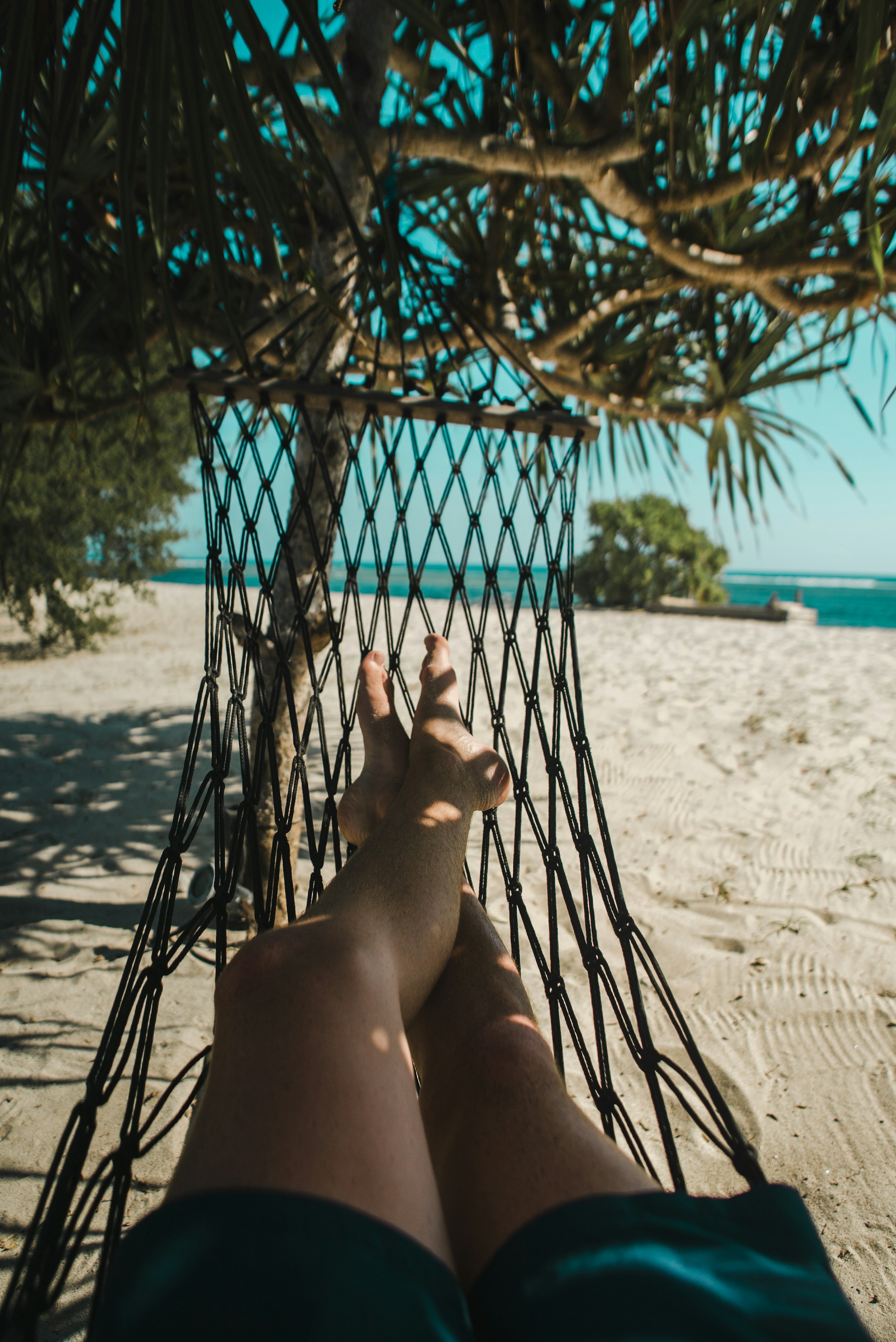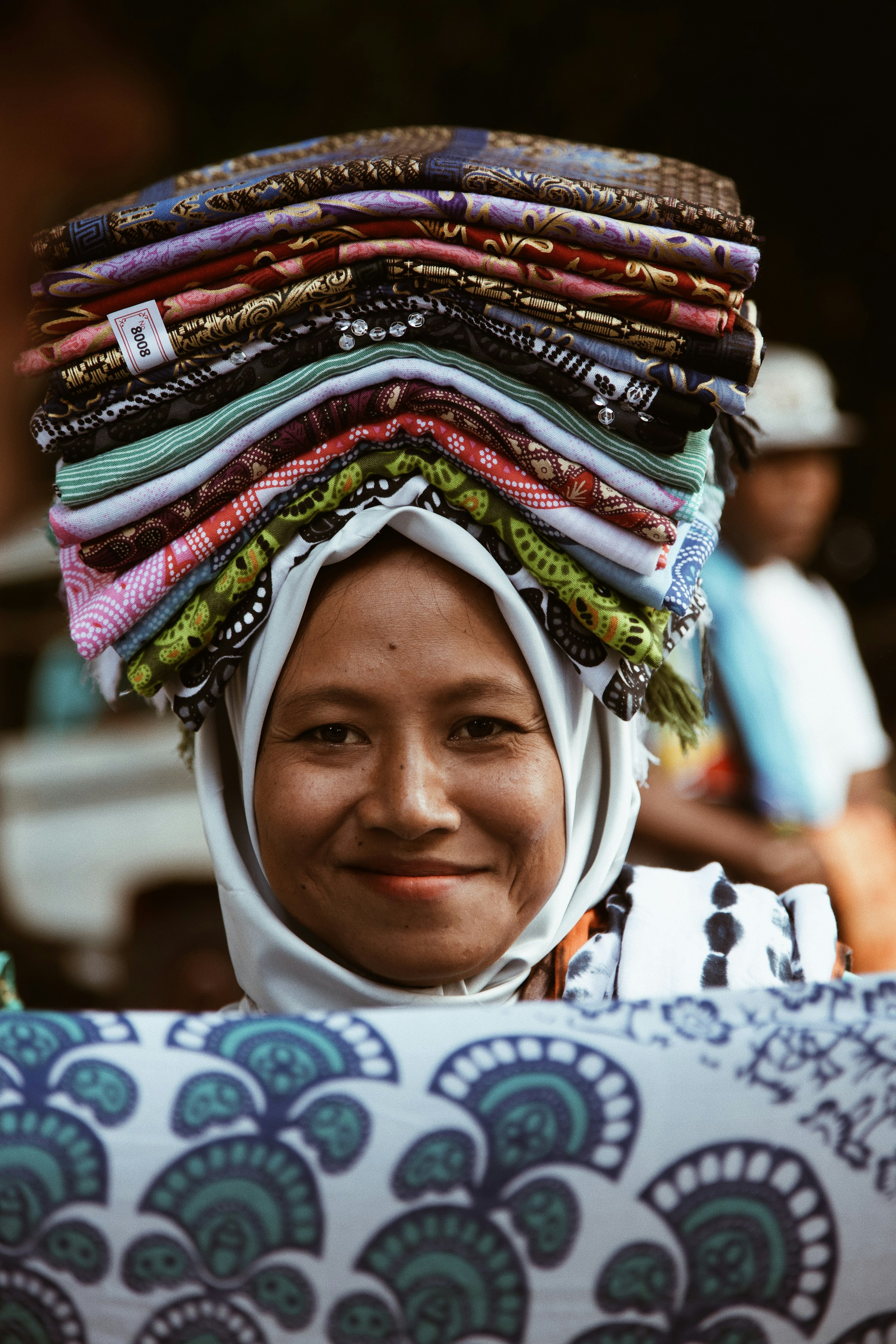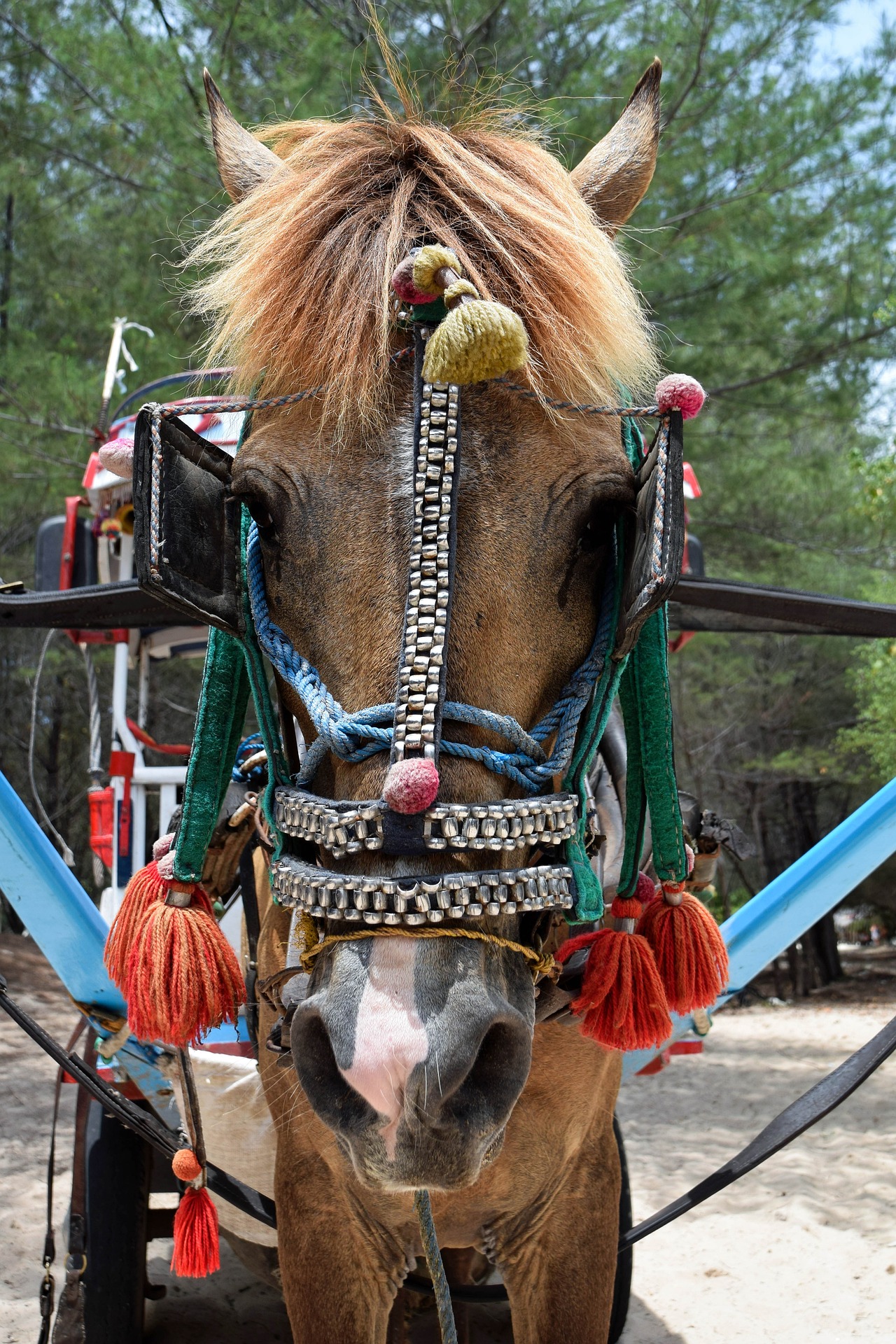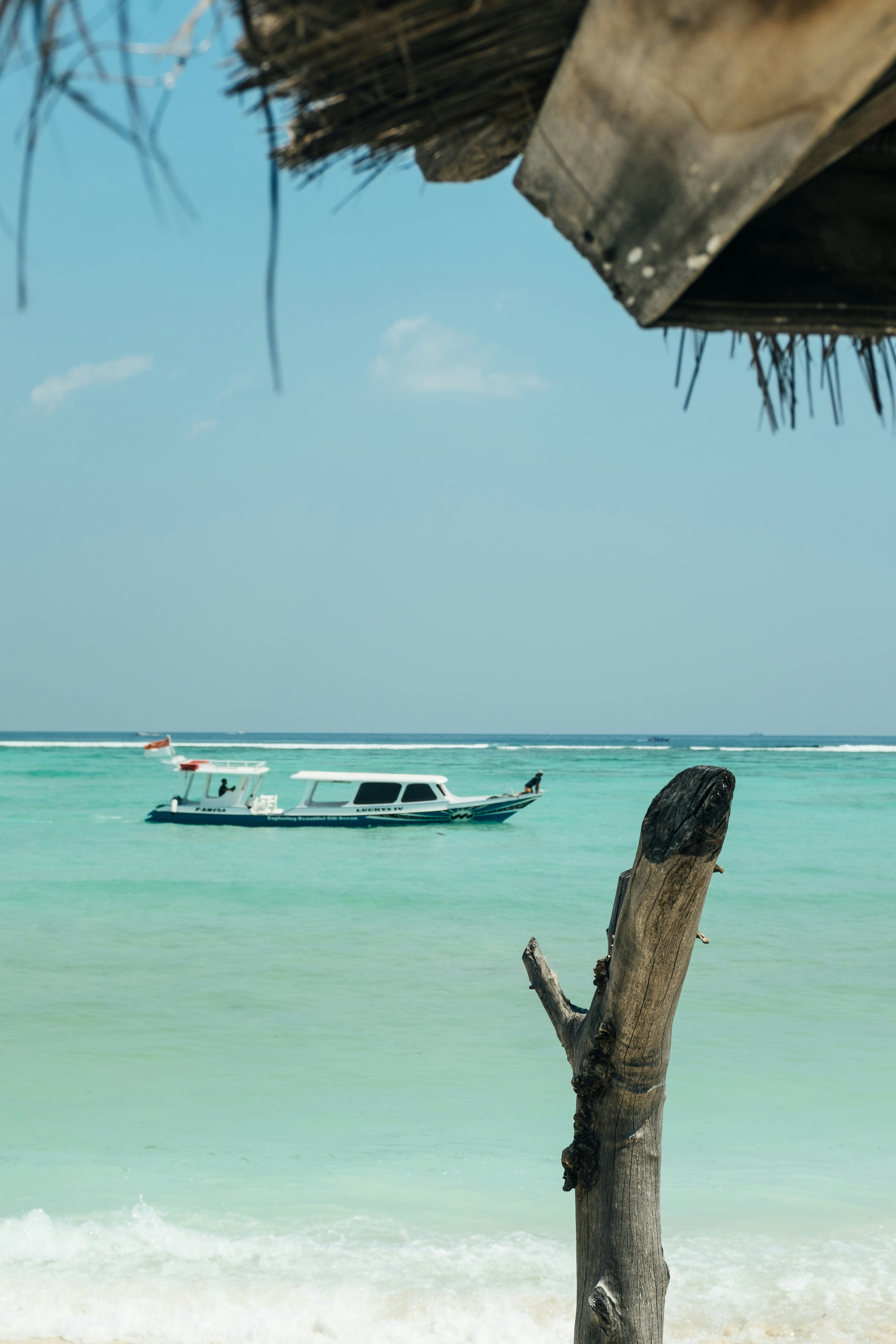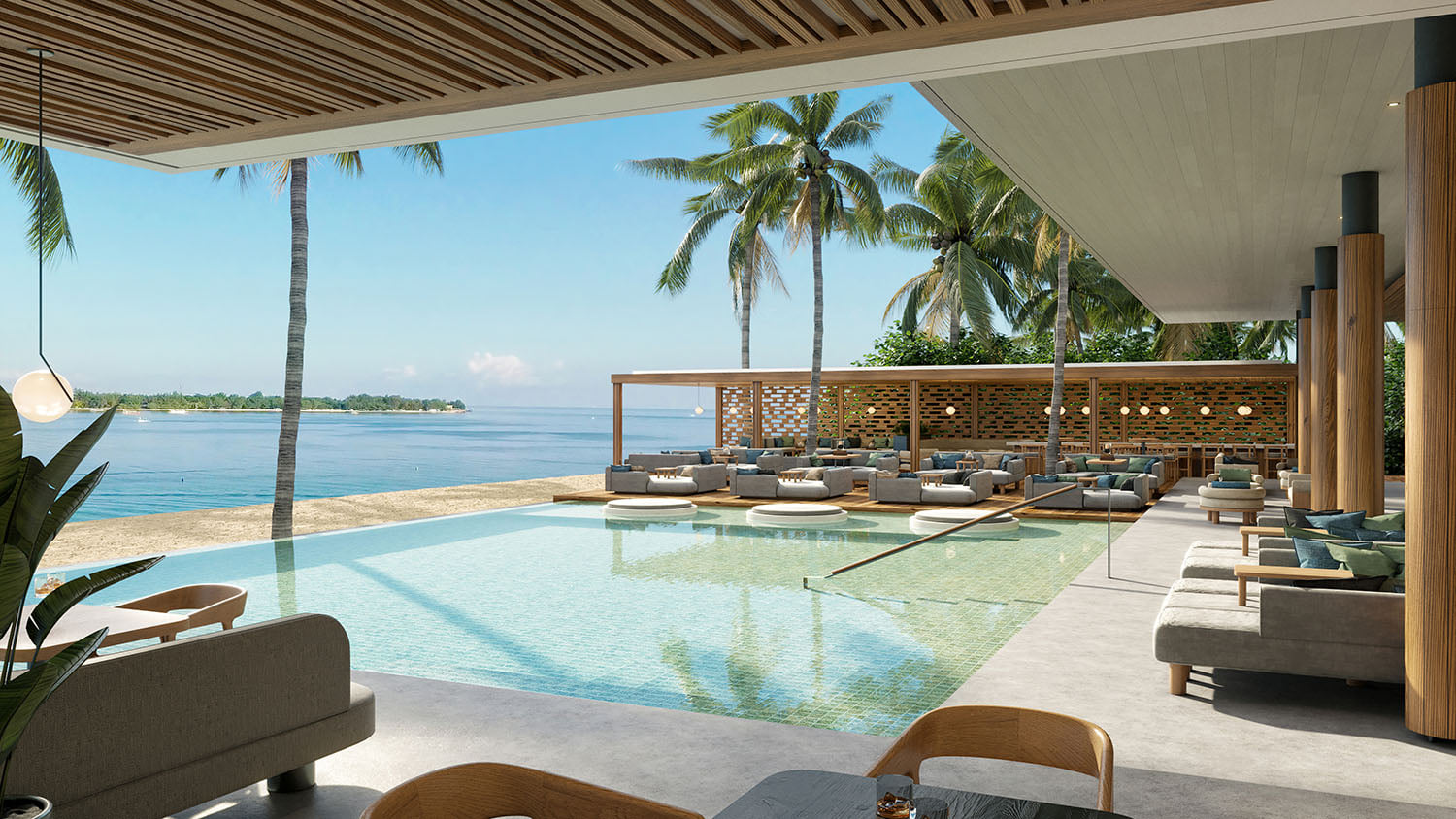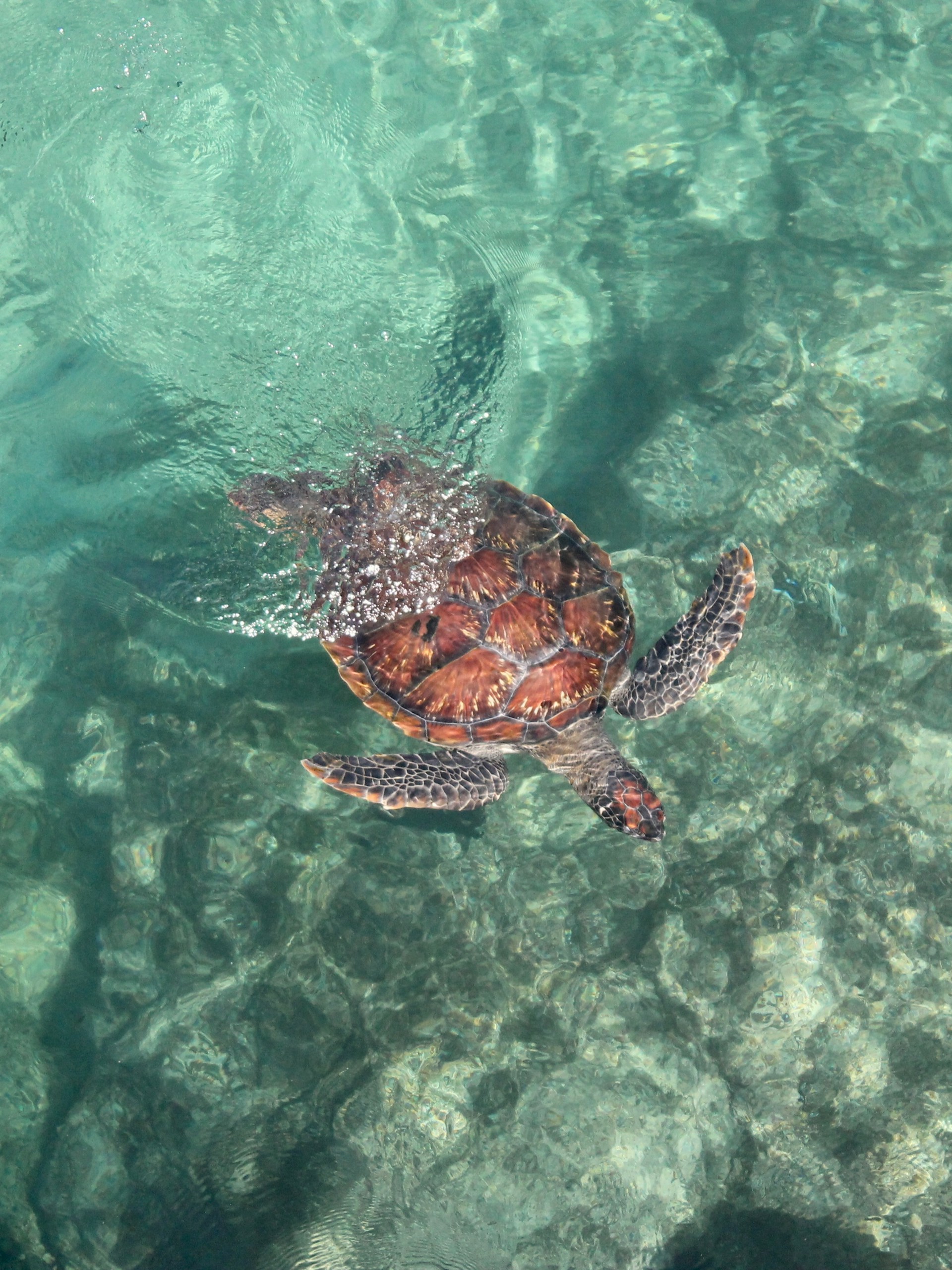Gili Meno travel info
Culture & customs
Discover the secrets of Gili Meno’s culture and customs for an unforgettable holiday experience.
Island culture & customs on Gili Meno
Gili Meno is a laidback island, where island life reigns supreme. Quieter than the other islands, Meno offers a more authentic experience, in part because of the lovely people who call Meno home. The population of 600 people is located in several villages all in the centre of the island. The islanders are majority Muslim and visitors are asked to respect their customs and religious beliefs. You will hear the call to prayer echo through the island five times a day which is enchanting and an integral part of the daily ritual.
We are blessed that Gili Meno is an incredibly safe island to holiday on, making it an appealing destination for families, young travellers, backpackers, and solo travellers. The people of Gili Meno are very caring, the population is small, and everyone looks out for each other.
Island life
Gili Meno is life in the slow lane
Unique to the Gili Islands is that motorised vehicles aren’t permitted, and most of the roads could not support vehicles. Traditional horse carts – ‘cidomo’ carriages for people, and ‘dongal’ open carts for materials – are still used to transport all supplies of food and drinks, furniture and building materials, and your luggage.
Religious custom
Island culture & its people
The islanders are majority Muslim and visitors are asked to respect their customs and religious beliefs. In particular, topless or nude sunbathing is offensive, even though the local people won’t say so directly. Away from the beach, it’s polite for everyone to wear a sarong or clothes over their bathing suits when they walk or ride bicycles through the village areas.
You will hear the call to prayer echo through the island five times a day which is enchanting and an integral part of the daily ritual.
Island life
Important customs you may like to consider
Shake hands only with your right hand. Try not to use your left hand to pay for or receive items. Do not touch local children on the head. Don’t point with your foot. Leave your shoes and sandals at the door. Enjoy and respect the slow flow of island life.
It’s common practice to bargain for items sold on the beach by hawkers, such as sarongs, jewellery and local souvenirs. However, it’s not polite to try to bargain with fruit sellers, masseurs, nor any of the local stores, warungs or restaurants on the island.
The history of Gili Meno
Due to their small size and population, and relatively recent settlement of the islands, there are limited published sources about the history of Gili Meno. For a brief period during World War II, occupying Japanese forces used the islands as a lookout post and prisoner-of-war camp. Relics include a bunker on the hill of Gili Trawangan and the wreck of a patrol boat south of Gili Air (now a popular dive site).
Permanent settlement only began in the 1970s on Gili T and Gili Air, and only in the 1990s on Gili Meno, mainly due to the lack of freshwater sources. Before human settlement, the Gilis remained pristine wildlife mangrove habitats. Still today, the mangroves on the islands provide incredibly important and valuable ecosystems.
Initially, Bugis fishermen from Sulawesi used the islands as a stop-off location for voyages around the Indonesian archipelago. In 1971, the governor of Lombok began to establish coconut plantations and gave land rights to private companies. It wasn’t until the 1980s that backpacker tourists started discovering the islands.
During the 1990s, the islands began to develop into a world-class diving location, which fed local tourism and the development of diverse accommodation, entertainment and activities. The first fastboats from Bali started operating in 2005. Efforts are being made to preserve marine habitats and to retain the cultural uniqueness as distinct from neighbouring Bali.
Since 2017, fresh water has been installed on Meno via a desalinator plant. Electricity is supplied by underwater cables from Lombok. The main income is from tourism, coconut plantation and fishing. Until recently, local women still farmed salt from the saltwater lake, and there was a small production of seaweed on the reefs around the island.
Start planning your Gili Meno holiday
Activities to keep you busy, or slow you down. Welcoming accommodation that’s never far from the beach. And Gili Meno travel information.


